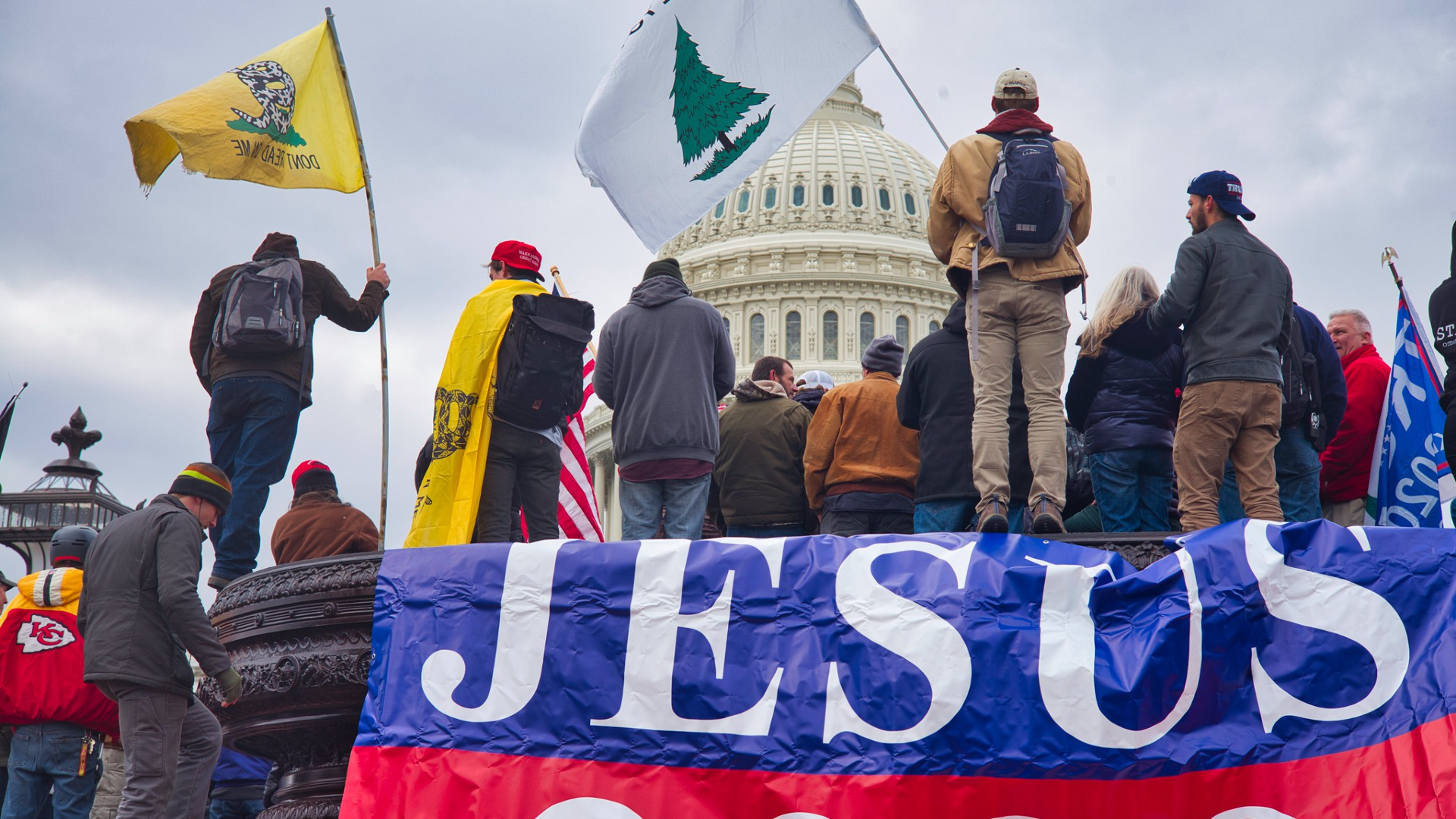Jan. 6 Committee Criticized for Going Soft on Intelligence and Law Enforcement Failures

The U.S. intelligence community got off easy in the executive summary of the final report released by the House select committee investigating the events of Jan. 6, 2021, according to a number of critics, a sign that the complete document expected to be released today will keep its focus on disgraced ex-president Donald Trump.
The summary, which was released Monday, was criticized for not including more details on how and why various intelligence agencies failed to act on information they received that many Trump supporters intended to engage in violence as they answered his Dec. 19, 2020 call for a “wild” protest against the formal congressional certification of his electoral loss.
After admitting that U.S. intelligence agencies “did successfully detect the planning for potential violence on January 6th,” the bipartisan report devoted little space to discussing why the knowledge that many far-right Trump backers planned violence did not result in any preemptive plans, despite the fact that the information about the threats was “shared within the executive branch, including with the Secret Service and the President’s National Security Council.”
The summary “should have included key findings on what law enforcement knew about threats of violence before January 6 and why more proactive action to interdict it wasn’t taken,” David Laufman, a former senior national security official at the Department of Justice, wrote on Twitter Monday.
NBC reported Wednesday that a confidential informant used by the FBI sent the agency “hundreds of pages of reports over the two weeks proceeding Jan. 6” of numerous threats made online by Trump supporters that they intended to commit violence and sacrifice their own lives to prevent Joe Biden from claiming his electoral victory.
“The bureau saw this coming,” the informant told NBC. “This didn’t go down the black hole of a web form or a tip line, this went to an agent directly.”
In the 15th conclusion announced in the executive summary of its report, the House committee seemed to claim that intelligence agencies’ failure to act was caused by uncertainty about Trump’s personal actions, even though video footage assembled from multiple sources by the New York Times indicates that the Jan. 6 invasion of the U.S. Capitol Building began 20 minutes before the then-president had urged his supporters at the White House to “fight like hell” to prevent America from being destroyed.
The summary also devoted almost no scrutiny to the failures of the the Capitol’s law enforcement agencies to plan adequately for the expected violence, even though Michael Stenger, the Senate sergeant at arms, and Paul Irving, the House sergeant at arms, resigned their positions on Jan. 7. Neither man’s name was found in the House committee’s report.
Both men were mentioned in a separate document released Tuesday by the five Republicans who were originally proposed by House Min. Leader Kevin McCarthy (R-CA) to serve on the select committee. That report appears to have been created as part of a larger Republican public relations strategy to falsely blame Speaker of the House Nancy Pelosi (D-CA) for the Capitol riots rather than Trump. This strategy is evident from the fact that the GOP report mentions Pelosi 36 separate times and Trump only 24 times. Sen. Mitch McConnell (R-KY), who was serving as the Senate majority leader, was mentioned in 11 instances in the Republican document.
The U.S. Capitol Police in regular operations do not report to congressional leaders but rather to the House and Senate sergeants at arms and to the architect of the Capitol.
Despite its obvious partisanship, the Republican report about Jan. 6 does devote more scrutiny to law enforcement officials’ failures to anticipate and respond to the riot.
“Prior to that day, the U.S. Capitol Police (USCP) had obtained sufficient information from an array of channels to anticipate and prepare for the violence that occurred,” the five Republicans said in their document.
TYT National Correspondent Matthew Sheffield reports about politics, media, and technology. You can follow him on Twitter or on Mastodon.
